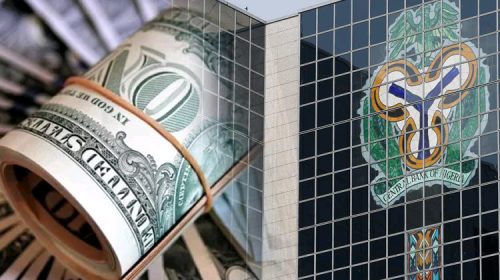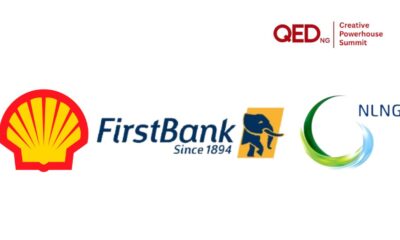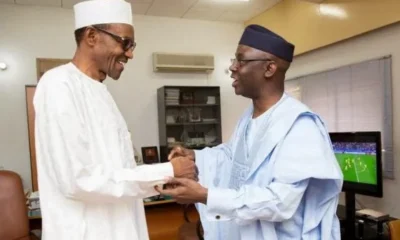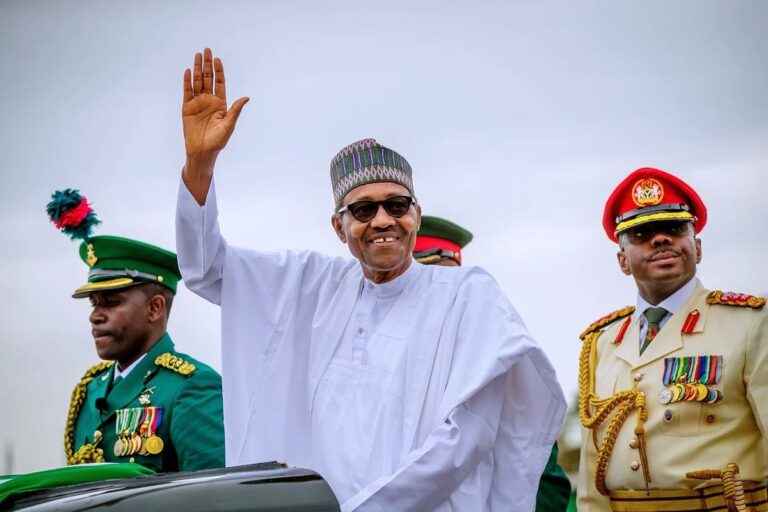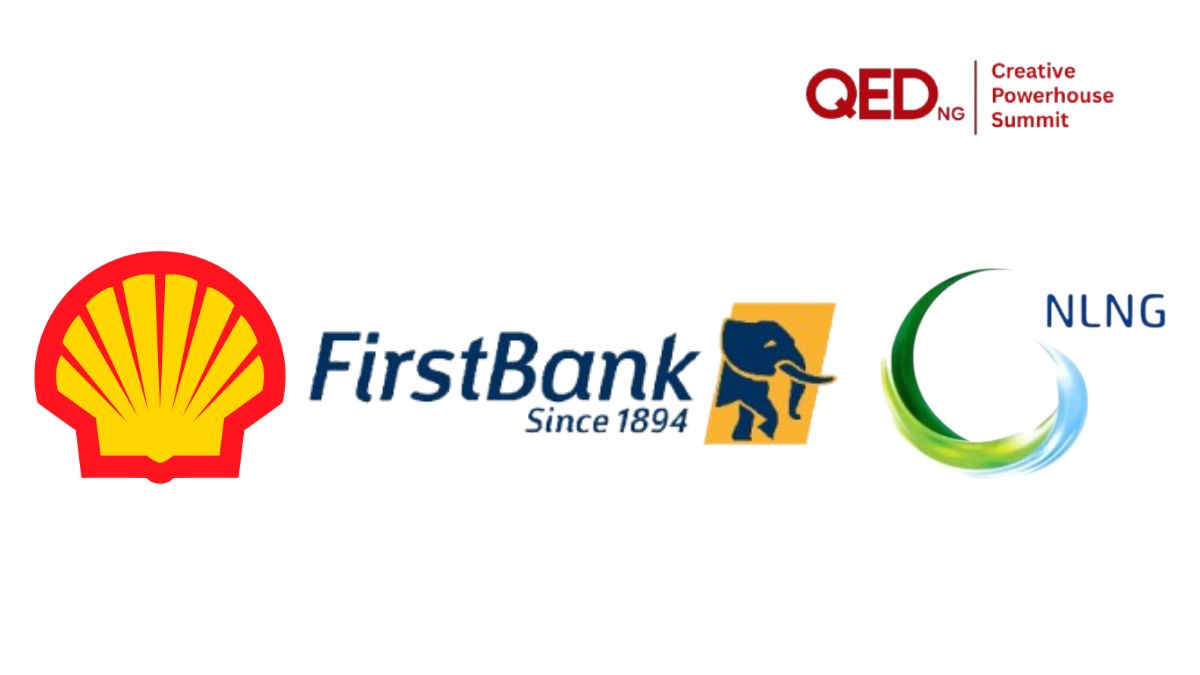Nigeria’s leading commercial bank, First Bank of Nigeria, has joined forces with Mighty Media Plus Network Limited for the maiden edition of the QEDNG Creative Powerhouse Summit.
Also supporting the event are Nigeria LNG (NLNG) and Shell Nigeria, two major players in the country’s energy and development sectors.
Chief Executive Officer of Mighty Media Plus Network Limited, Olumide Iyanda, announced the partnerships in a statement on Monday.
Mr Iyanda described FirstBank’s involvement as a strong statement of the bank’s belief in the power of Nigeria’s creative sector.
“FirstBank’s support is a reaffirmation of its long-standing commitment to promoting the creative economy,” he said. “Through First@arts, the bank has become a reliable partner to talents, institutions, and organisations working to grow Nigeria’s cultural assets.”
First@arts is FirstBank’s platform for supporting the arts. It provides financing, advisory services, and exposure for creatives across the value chain. The bank has backed major cultural events and partnered with institutions such as British Council, Duke of Shomolu Productions, Live Theatre Lagos, Freedom Park and Terra Kulture.
Among the projects FirstBank has supported are The Headies Awards, Lagos International Theatre Festival, The Oxymoron of Kenny Blaq, Kurunmi, Eni Ogun, and Oke Langbodo.
Iyanda also praised NLNG for its role in promoting excellence in literature and science through The Nigeria Prize for Literature, The Nigeria Prize for Science, and The Nigeria Prize for Literary Criticism.
“NLNG has shown leadership by rewarding creativity and innovation in ways that impact both the literary and scientific communities,” he said.
The prizes, worth up to USD100,000, are among the most prestigious on the continent. They celebrate Nigerian authors, critics, and scientists whose work makes a real difference.
Shell’s support for the summit reflects its ongoing commitment to education and social development. The company focuses on sustainable, community-driven educational projects, ranging from scholarships to infrastructure development and ICT donations.
“Shell’s belief in education as a foundation for long-term progress aligns with our vision for the summit,” Iyanda added.
He further noted that more sponsors will be unveiled in the coming weeks.
The QEDNG Creative Powerhouse Summit, themed “Financing as Catalyst for a Thriving Creative Economy,” will take place on Tuesday, August 12, 2025, at 10:00 a.m. The venue is the prestigious Radisson Blu Hotel, Isaac John Street, Ikeja GRA, Lagos.
The summit will bring together creatives, investors, policymakers, and business leaders to explore solutions to the funding challenges facing Nigeria’s creative industries.
Gbenga Bada
For QEDng creative powerhouse summit committee
08028599392

 BIG STORY4 days ago
BIG STORY4 days ago
 BIG STORY4 days ago
BIG STORY4 days ago
 BIG STORY5 days ago
BIG STORY5 days ago
 BIG STORY15 hours ago
BIG STORY15 hours ago
 BIG STORY4 days ago
BIG STORY4 days ago
 BIG STORY4 days ago
BIG STORY4 days ago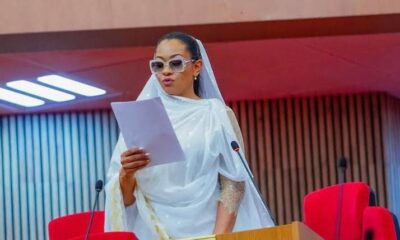
 BIG STORY5 days ago
BIG STORY5 days ago
 BIG STORY3 days ago
BIG STORY3 days ago




